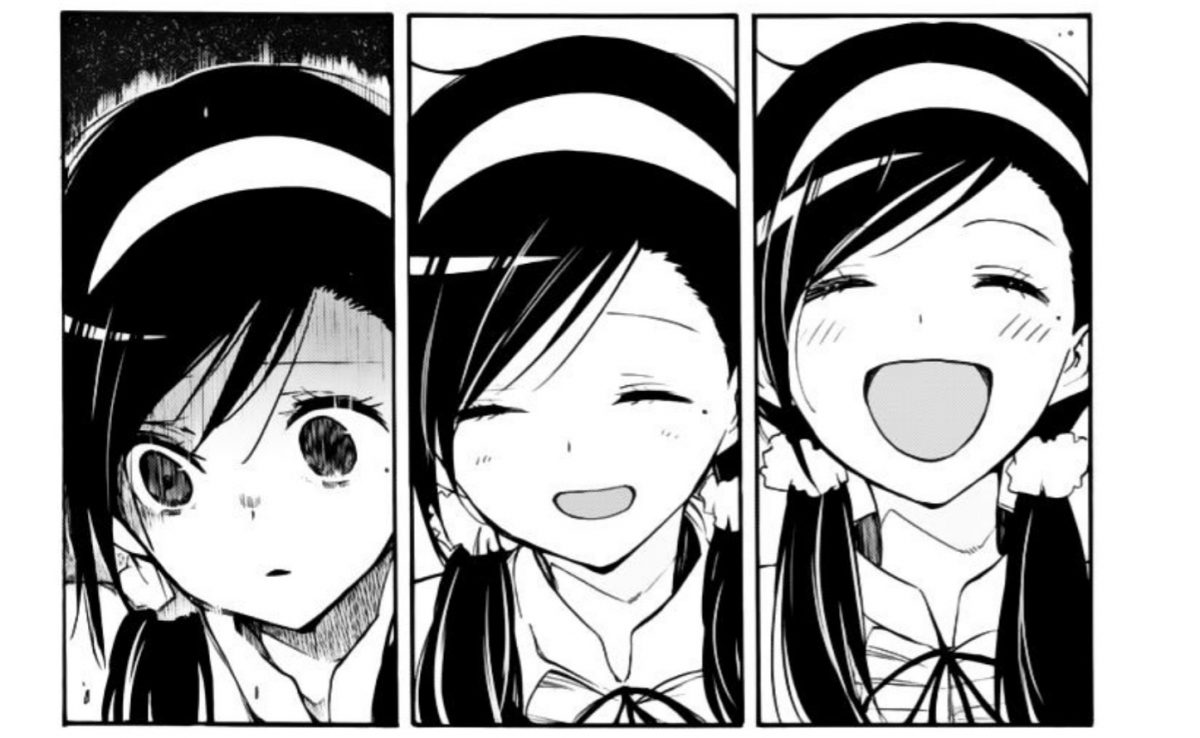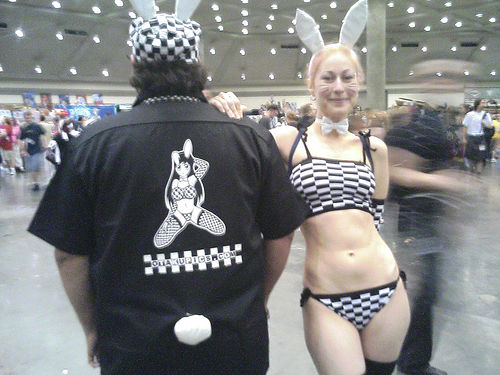Hello again from Japan. First, sorry for some confusion over the iTunes Music Cards we posted last time — due to an error they weren’t appearing on the JBOX.com site, so some customers were unable to find them. They’re on both sites now, though. We’ve been very happy with the response from the prepaid cards, which are the only way for customers outside of Japan to buy through the iTunes Music Store Japan. The cards are proving so popular, we’ve already had to restock our supply of the cards!
All of Japan is watching the damage caused by Hurricane Katrina in horror. Located along the Pacific Ring of Fire, Japan is no stranger to disasters — my mother came to visit us from the U.S. once, and she managed to experience typhoons, earthquakes and a nearby volcanic eruption during the short time she was here. However, we’ve never seen anything on the scale of the current tragedy, ever. All of us pray for the safety of everyone affected by these terrible, terrible events.
I’m a big fan of onsen (OWN-sen), or Japanese hot springs, and whenever we’re trying to decide where to take the kids on the weekend, I’m always ready to suggest going for a hot bath up in the mountains. I also like onsen hotels, the large resort hotels that pamper you with delicious food, a soothing volcanic bath, and maybe some late-night ramen or karaoke before going to sleep in on a traditional futon. These hot springs hotels are located in every corner of Japan, and there seem to be certain universal constants about them. For example, the hotels will always have a dilapidated game center filled with arcade games manufactured before 1993, and you can find a ping pong table and vending machines selling Haagen Daaz ice cream, too. The staff will never fail to try to speak to you in halting English even though you’re speaking fluent Japanese at them. Tokimeki Check in!, one of our most popular PC love-sim games, is based in a traditional hot springs hotel, and many of the elements you see in a real hotel can be found in the game.
When it comes to cleanliness in Japan, there’s one rule — anything having to do with the feet is kitanai, or dirty. Japanese homes (and some offices, such as J-List) have a lowered area at the front door called a genkan, where you leave your shoes before going inside. After you’ve lived in Japan for a while, the idea of wearing shoes on hardwood floors or on plush carpeting becomes really strange. Because you have to take your shoes off a dozen times a day in Japan, you tend to get very good at choosing shoes that can be put on easily — high-top basketball shoes or boots are not very popular here. When I was a boy, I used to spend virtually the entire summer barefoot, as I roamed the neighborhood playing, but I realized that my own kids never get to experience this joy, since the idea of going outside hadashi (barefoot) is not really accepted here.















